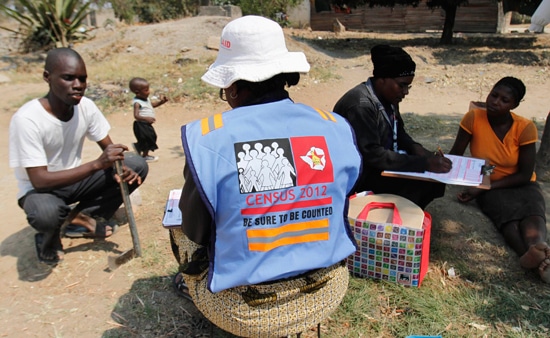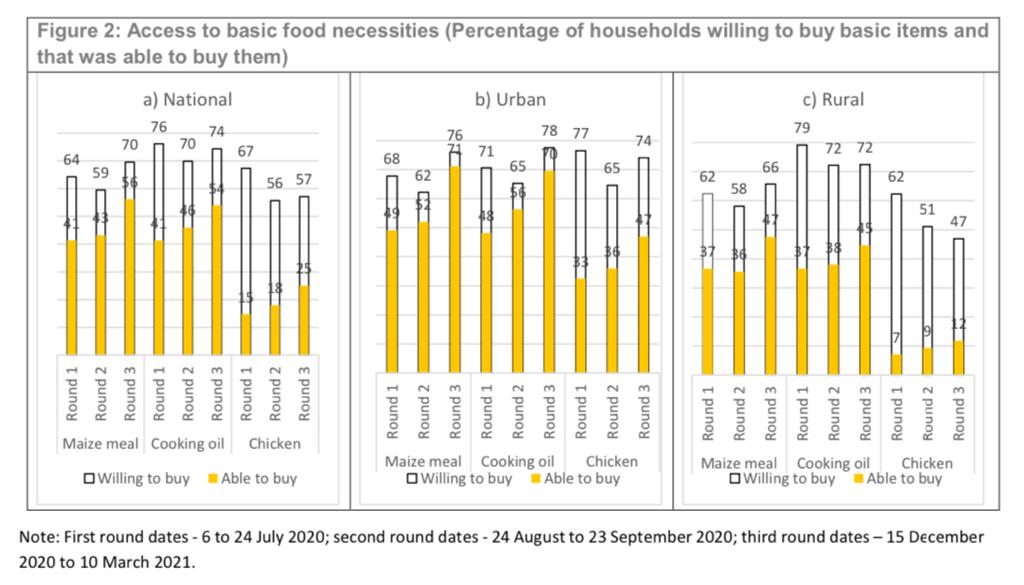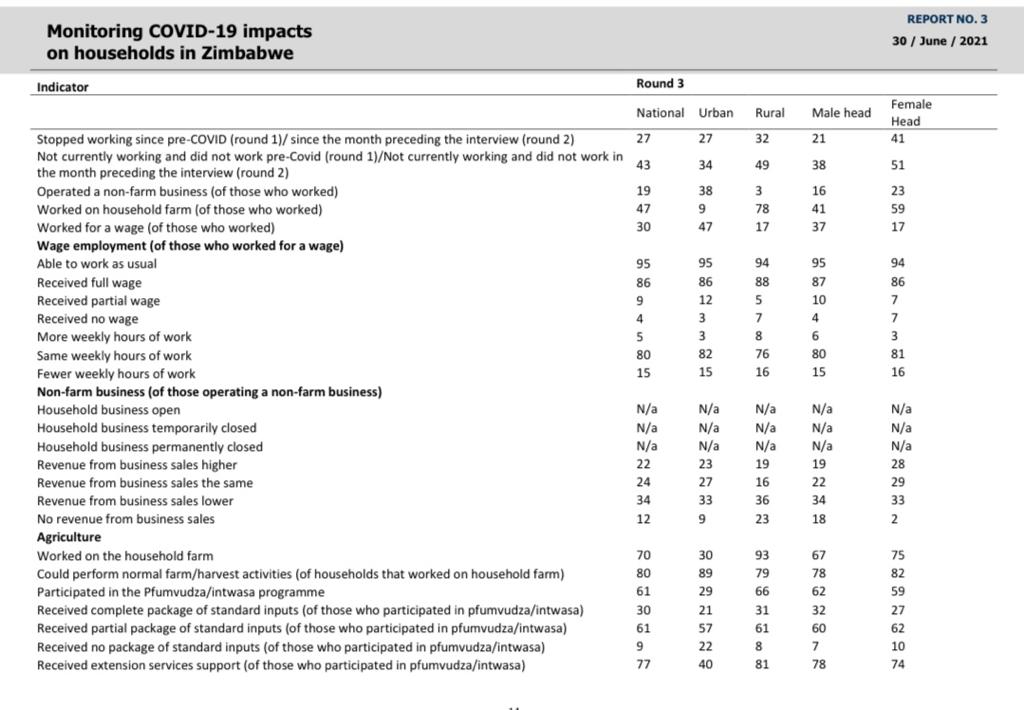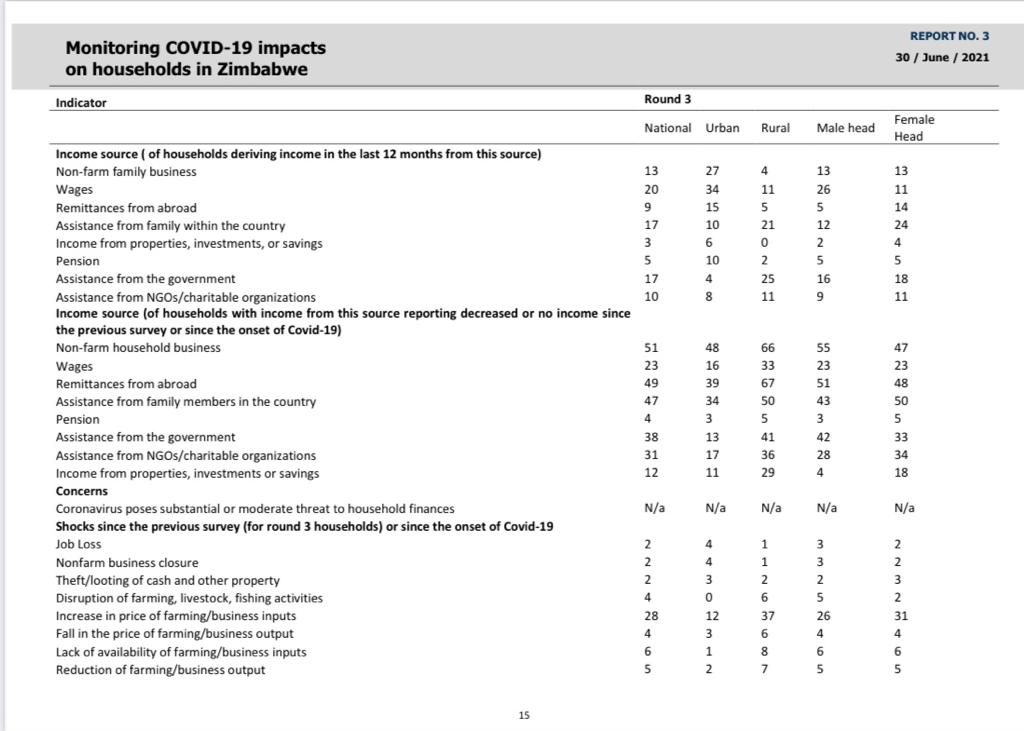The role of third-party funding in international arbitrations is on the rise, in both common and civil law jurisdictions. Lake Whillans is meeting that demand with expanded capabilities and investments in the space. To help our audience understand the developing corpus of rules and guidance set forth by international arbitral institutions addressing such matters as disclosure obligations and confidentiality, we asked Ari MacKinnon, Aaron Gavin, and Leila Mgaloblishvili of Cleary Gottlieb to provide an overview.
Third-party funding is an increasingly attractive option for parties looking to manage the risks or costs of international arbitration as well as investors seeking to diversify their investments and potentially achieve attractive returns. Although historically third-party funding ran afoul of the common law doctrines of maintenance and champerty, prohibiting third-party meddling in lawsuits, third-party funding is now permitted in most common law jurisdictions—including Hong Kong, Singapore, Nigeria, England, Wales, and the United States, which have enacted legislation or developed case law to expressly allow for third-party funding of international arbitration—as well as in civil law jurisdictions which never enacted such comparable prohibitions.
Because of the increasing acceptance and use of third-party funding, international arbitral institutions have issued rules and guidance over the past several years addressing the basic rules governing third-party funding relationships. In this article, we provide an overview of the state of these rules. Recent developments in international arbitration suggest a basic convergence around the need to disclose the existence of third-party funding and the identity of the funder during the early stages of an arbitral proceeding. Other related considerations—including the impact of third-party funding on privilege and confidentiality, the scope of additional disclosure, and security-for-costs or costs awards—are less clearly defined and may continue to evolve in the foreseeable future.
Disclosure Obligations of Third-Party Funding
Over the past several years, arbitral institutions have issued rules and guidance in favor of disclosing third-party funding relationships. This trend has been driven by a recognition of the need to identify and avoid conflicts of interests between funders and arbitrators, which can threaten the enforcement of awards and the perceived integrity of arbitral proceedings. As early as 2014, the IBA Guidelines on Conflicts of Interest recommended the disclosure of “any legal or physical person having a controlling influence on the legal entity, or a direct economic interest in, or a duty to indemnify a party for, the award to be rendered in the arbitration.” In line with this recommendation, a number of popular regional arbitral institutions, including HKIAC, SIAC, CIETAC, MARC, CAM-CCBC, and Milan Chamber of Arbitration, adopted rules requiring disclosure of the existence and identity of third-party funding.
Most recently, two of the most prominent international arbitral institutions—the ICC and ICSID—adopted similar proposals, signaling the crystallization of the trend towards disclosure. The June 2021 ICSID Draft Rules propose requiring a funded party to disclose, “upon registration of the Request for arbitration, or immediately upon concluding third-party funding arrangement,” the name and address of any third party from whom it, “directly or indirectly, has received funds….” with the explicit goal of “the prevention of conflicts of interest.” Earlier this year, the ICC revised its arbitration rules to introduce, among other things, a disclosure requirement for third-party funding at the outset of an arbitration. Article 11(7) of the 2021 ICC Arbitration Rules now requires parties to “promptly” disclose the existence and identity of “any non-party which has entered into an arrangement for the funding of claims or defenses and under which it has an economic interest in the outcome of the arbitration.”
The Developing Legal Regime
While the regulatory framework on third-party funding is converging around mandatory disclosure of the existence and identity of a funding relationship, other aspects of the applicable legal rules remain relatively underdeveloped. In an effort to address this gap, the ICCA-Queen Mary Task Force on Third-Party Funding undertook an extensive review of the current state of applicable legislation, rules, case law and arbitral practice and issued an expansive Report on Third-Party Funding in International Arbitration in 2018 with a set of best practices on issues relevant to third-party funding, including privilege and confidentiality, the scope of disclosure of the funding relationship, and the treatment of costs. Arbitral institution have yet to converge around a common set of principles governing these issues. To the extent that such issues implicate domestic legal regimes, and not simply arbitral procedure, a pluralism of legal rules and regimes are likely to remain in play.
Privilege and Confidentiality
Due to the eventual disclosure of their funding relationship, arbitral parties and third-party funders must often consider whether any discussions or exchange of documents during the engagement process might implicate or otherwise waive relevant privileges. Generally, most legal regimes provide for rules or exceptions that will allow funders and parties to preserve privilege. Nevertheless, because it may be difficult to anticipate what set of rules applies, and there is variation in protection across legal regimes, parties may need to anticipate what body or bodies of law will apply to their prospective case and ensure that any external due diligence of their potential claims leaves relevant privileges intact.
Specifically, arbitral tribunals at times may exercise discretion in determining the applicable choice of law for such privileges, based on such considerations as the seat of the arbitration, the place where discovery is sought, the jurisdiction of legal counsel, the domicile of the parties, or the law governing the parties’ dispute. Moreover, the legal rules about privileges may vary based on the applicable law and jurisdiction. For instance, common law jurisdictions that provide for more extensive discovery or disclosure during litigation in their national courts often have well-developed jurisprudence regarding the interaction of the attorney-client privilege (protecting communications between a party and its counsel) and work-product privilege (protecting materials prepared in anticipation of the dispute) with discovery or disclosure obligations. By contrast, civil law jurisdictions that often provide for less discovery or disclosure during litigation in their national courts may have less well-defined or extensive jurisprudence regarding the interaction of privileges based on the professional secrecy obligations of counsel with discovery or disclosure obligations.
Certain arbitration rules, for example the HKIAC Rules, have introduced express provisions regarding non-waiver, signaling a potential trend towards non-waiver of privilege. The Queen Mary Taskforce Report similarly recommends that “[f]or information that is determined to be privileged under applicable laws or rules, tribunals should not treat that privilege as waived solely because it was provided by parties or their counsel to a third-party funder for the purpose of obtaining funding or supporting the funding relationship.”
Disclosure of the Funding Agreement
Although many arbitral institutions require disclosure of the existence or identity of a third-party funder, further disclosure, including about the funding agreement itself, is generally not required. Arbitral institutions have been hesitant to provide for such disclosure, which is not relevant to avoiding conflicts of interests between funders and arbitrators and could prejudice the funded party without providing any tangible benefits for resolving the underlying dispute.
Nevertheless, this general rule does not mean that further disclosure will never be required (and is not prohibited by existing rules); rather, further disclosure will be at the discretion of the tribunal. In the absence of an agreement to the contrary by the parties, arbitral tribunals have the authority to issue procedural orders and direct parties to produce documents, including a funding agreement, in connection with the arbitration. Moreover, some arbitral institutions have proposed making more explicit the authority of the tribunal to request further disclosure. For example, the ICSID Draft Rules propose clarifying that tribunals have the discretion to request further information regarding the third-party funding agreement and the funder as needed.
Aside from the tribunal, opposing parties may also seek discovery of the funding agreement, in which case the applicant usually will need to establish that the agreement is relevant to the substantive claims or defenses of the arbitration, or some other request for relief, and comports with the procedural rules governing the arbitration. While making a persuasive showing may prove difficult in most cases, under the right set of circumstances, applicants may be able to present a compelling case. For example, in the context of investor-state arbitration, several states have sought to obtain third-party funding agreements between claimant-investors and third-party funders who are nationals of the respondent-states. Because many investment treaties impose strict diversity requirements upon putative claimants (i.e., the claimant-investor cannot be a national of the respondent-state), respondent-states have occasionally sought to use funding agreements involving third-party funders that are its own nationals to argue that there is no complete diversity because the funder is effectively in control of or has effectively been assigned the investment claim.
Security-for-Costs and Costs Applications
With increasing disclosure of third-party funding, arbitral parties may also find themselves increasingly litigating over security-for-costs applications, especially where the party seeking third-party funding is financially distressed. Because arbitral tribunals do not have jurisdiction over third-party funders who are not party to the arbitration agreement, opposing parties may seek security for costs from funded parties who may otherwise escape paying for any final costs award upon unsuccessfully prosecuting their claims.
While applicants are often driven to seek security for costs for these reasons, mere financial distress alone is usually insufficient to prevail on an application. Often, an applicant must show exceptional circumstances—including, for example, a history of failing to pay for cost awards by the opposing party—or a change of circumstances from when the applicant signed the contract containing the arbitral clause with the opposing party. To the extent there are reasonable grounds to believe that the applicant may have caused the opposing party’s distress in the course of their dispute, arbitral tribunals will usually find that this weighs against granting an application. For similar reasons, the existence of a third-party funding agreement is usually insufficient for obtaining security-for-costs. In addition, it bears emphasis that many parties procure third-party funding for reasons other than distress and thus third-party funding may not be indicative of such distress.
Despite these limiting principles, arbitral rules still generally allow tribunals to take into account third party funding when apportioning the costs of the arbitration. The ICSID Draft Rules expressly allow tribunals to order security for costs and has provided a non-exhaustive list of relevant considerations, including the existence of a third-party funder. The 2017 SIAC Practice Note on third party funding similarly specifies that the existence and involvement of a third party funder can be taken into account in apportioning the costs of the arbitration and awarding costs. Other regional organization, such as HKIAC and CETAC, also have explicit rules to this effect. To the extent the party who sought third party funding is distressed or insolvent, any decision by the funder to undertake adverse costs liability will likely impact the tribunal’s decision on this issue.
Funded parties and funders could additionally consider adverse costs insurance to reduce the likelihood of security-for-costs disputes or orders based on third-party funded status.
* * * *
As the landscape of third-party funding continues to evolve in the near future, parties, third-party funders and arbitration practitioners alike should also remain apprised of any developments in the state of rules to ensure that they can effectively meet new challenges as they arise.
 Chris Williams became a social media manager and assistant editor for Above the Law in June 2021. Prior to joining the staff, he moonlighted as a minor Memelord™ in the Facebook group Law School Memes for Edgy T14s. Before that, he wrote columns for an online magazine named The Muse Collaborative under the pen name Knehmo. He endured the great state of Missouri long enough to graduate from Washington University in St. Louis School of Law. He is a former boatbuilder who cannot swim, a published author on critical race theory, philosophy, and humor, and has a love for cycling that occasionally annoys his peers. You can reach him by email at cwilliams@abovethelaw.com.
Chris Williams became a social media manager and assistant editor for Above the Law in June 2021. Prior to joining the staff, he moonlighted as a minor Memelord™ in the Facebook group Law School Memes for Edgy T14s. Before that, he wrote columns for an online magazine named The Muse Collaborative under the pen name Knehmo. He endured the great state of Missouri long enough to graduate from Washington University in St. Louis School of Law. He is a former boatbuilder who cannot swim, a published author on critical race theory, philosophy, and humor, and has a love for cycling that occasionally annoys his peers. You can reach him by email at cwilliams@abovethelaw.com.






 Jill Switzer has been an active member of the State Bar of California for over 40 years. She remembers practicing law in a kinder, gentler time. She’s had a diverse legal career, including stints as a deputy district attorney, a solo practice, and several senior in-house gigs. She now mediates full-time, which gives her the opportunity to see dinosaurs, millennials, and those in-between interact — it’s not always civil. You can reach her by email at
Jill Switzer has been an active member of the State Bar of California for over 40 years. She remembers practicing law in a kinder, gentler time. She’s had a diverse legal career, including stints as a deputy district attorney, a solo practice, and several senior in-house gigs. She now mediates full-time, which gives her the opportunity to see dinosaurs, millennials, and those in-between interact — it’s not always civil. You can reach her by email at 
 Meyling “Mey” Ly Ortiz is in-house at Toyota Motor North America. Her passions include mentoring, championing belonging, and a personal blog: TheMeybe.com. At home, you can find her doing her best to be a “fun” mom to a toddler and preschooler and chasing her best self on her Peloton. You can follow her on LinkedIn (
Meyling “Mey” Ly Ortiz is in-house at Toyota Motor North America. Her passions include mentoring, championing belonging, and a personal blog: TheMeybe.com. At home, you can find her doing her best to be a “fun” mom to a toddler and preschooler and chasing her best self on her Peloton. You can follow her on LinkedIn (









